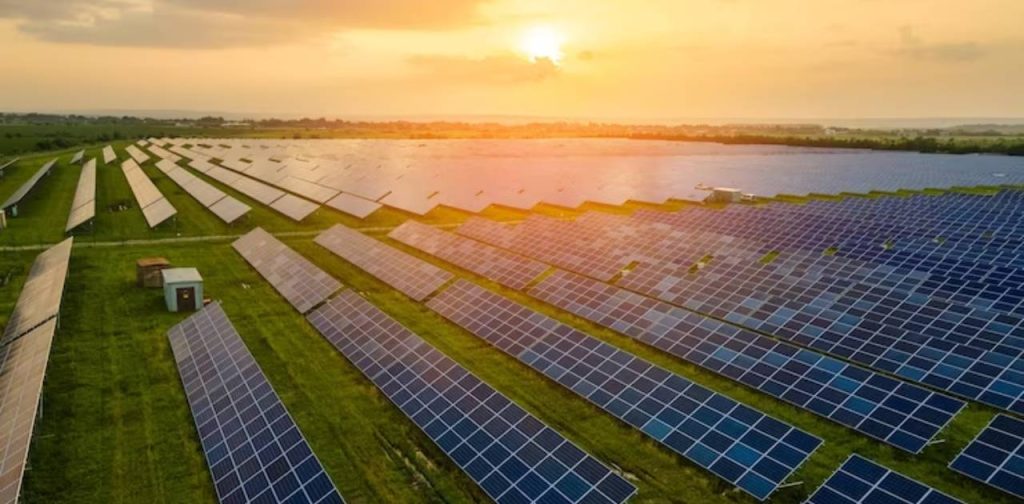Solar farms or solar gardens, alternatively referred to as community solar projects are getting increasingly popular worldwide. These projects enable many users to enjoy the advantages of a single, collective solar array that can be located off-site. This new form of solar energy production is accompanied by a particular set of advantages and disadvantages
Benefits of Community Solar Projects
1. Accessibility and Affordability
Among the benefits of community solar projects is that it makes renewable energy available to individuals who may not have sufficient finances or proper location for installing their own panels. Renters, some with shaded roofs and the low-income households. If resources are shared by members of the community, then they get a lot more benefits at lower costs in terms of solar energy
2. Environmental Impact
Solar power is a clean energy source that reduces the use of fossils fuels hence reduction in green house gasses emissions. Community scale solar projects amplify this effect as they generate more power than rooftop units.
3. Economic Development
Community solar projects can impact local economies positively by creating jobs in the field of installation, maintenance and administering within the industry. They also maintain energy dollars in the local community and encourage standing on their own two feet
Challenges of Community Solar Projects
1. Regulatory Hurdles
The regulatory frameworks for community solar projects differ across the country and could pose significant challenges. Some areas do not have legislation that enables community solar projects, while others provide complicated interconnection rules and restrictions which may hamper project development
2. Financial Complexity
The financial composition of community solar projects may be intricate. The allocation of costs and benefits to several participants cannot be easy unless thorough planning that includes clear communication is done
3. Participant Engagement
However, it is equally difficult to sustain participant involvement and satisfaction throughout the duration of a community solar project. It is also important to have clear communication about the costs, benefits and responsibilities for these projects that should be successful in a long-term manner
Conclusion
Community solar projects offer a promising path towards a sustainable and inclusive energy future. While they present certain challenges, the benefits they offer to communities, the environment, and local economies are significant. With supportive policies and innovative solutions to these challenges, community solar projects can play a key role in the global transition to renewable energy







